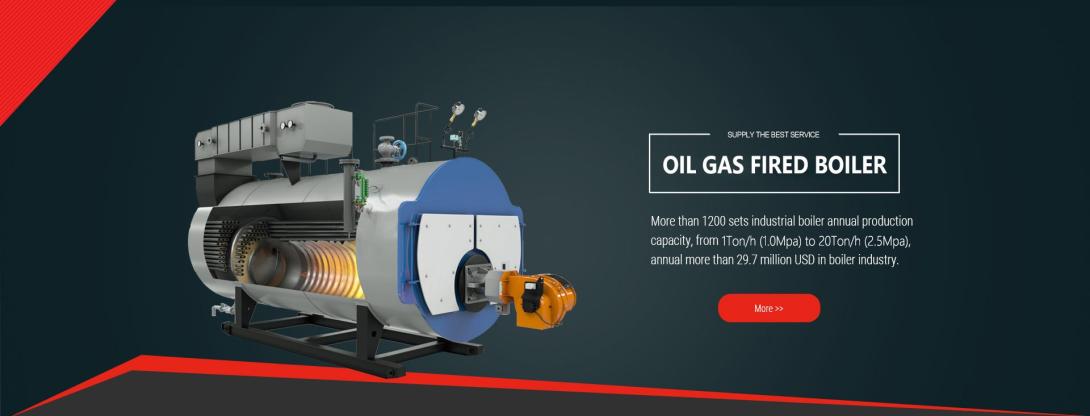
Industrial heat management solutions are critical for enhancing energy efficiency, improving equipment longevity, and ensuring safety across various industries. These solutions focus on controlling, distributing, and recovering heat effectively, which is essential in manufacturing, chemical processing, food production, and other heat-intensive processes.
Key Industrial Heat Management Solutions
- Thermal Insulation
- Purpose: Reduces heat loss or gain, maintaining the desired temperature in equipment and piping.
- Applications: Used in furnaces, boilers, tanks, pipes, and heat exchangers.
- Materials: Fiberglass, mineral wool, ceramic fibers, and specialty coatings.
- Benefits: Minimizes energy loss, improves efficiency, and ensures worker safety.
- Heat Exchangers
- Purpose: Transfers heat between two fluids without mixing them, allowing for efficient temperature regulation.
- Types: Plate, shell-and-tube, air-cooled, and finned-tube heat exchangers.
- Applications: Power plants, HVAC systems, chemical reactors, and industrial processes requiring cooling or heating.
- Benefits: Enhances energy recovery, reduces costs, and minimizes environmental impact.
- Waste Heat Recovery Systems
- Purpose: Captures and reuses heat from exhaust gases and other heat sources within an industrial system.
- Applications: Boilers, furnaces, turbines, and engines.
- Technologies: Recuperators, regenerators, economizers, and heat pipes.
- Benefits: Improves overall efficiency, lowers fuel consumption, and reduces emissions.
- Cooling Systems
- Purpose: Removes excess heat to maintain optimal temperatures, preventing overheating of equipment.
- Types: Water-cooled and air-cooled systems, chillers, cooling towers, and radiators.
- Applications: Data centers, power plants, chemical processing, and manufacturing.
- Benefits: Ensures safe operation, extends equipment life, and enhances productivity.
- Thermal Fluids and Heat Transfer Systems
- Purpose: Uses specialized fluids to transfer and regulate heat efficiently in closed-loop systems.
- Applications: Chemical processing, food production, textile dyeing, and oil refining.
- Types: Synthetic oils, glycols, and water-glycol mixtures.
- Benefits: Provides precise temperature control, high heat capacity, and safety in various temperature ranges.
- Active and Passive Heat Sinks
- Purpose: Absorbs and dissipates heat to cool critical components, especially in electronics and high-temperature systems.
- Types: Metal heat sinks (passive), liquid-cooled systems (active), and thermoelectric coolers.
- Applications: Electronics manufacturing, data centers, and high-temperature industrial machinery.
- Benefits: Protects components, improves reliability, and enhances performance.
- Industrial Fans and Ventilation Systems
- Purpose: Manages airflow and disperses heat, preventing heat buildup and ensuring proper ventilation.
- Applications: Manufacturing plants, warehouses, foundries, and other hot work environments.
- Benefits: Maintains comfortable working conditions, prevents equipment overheating, and complies with health and safety standards.
- Phase Change Materials (PCMs)
- Purpose: Absorb, store, and release heat as they change phases, providing temperature regulation and thermal energy storage.
- Applications: Warehouses, cold storage, HVAC systems, and other temperature-sensitive environments.
- Benefits: Improves temperature stability, reduces energy consumption, and enhances thermal efficiency.
- Automated Temperature Monitoring and Control Systems
- Purpose: Uses sensors, thermostats, and control software to monitor and regulate temperature.
- Applications: In processes requiring precise heat management, such as chemical manufacturing, food processing, and semiconductor production.
- Benefits: Ensures process accuracy, reduces human error, and optimizes energy use.
Choosing the Right Heat Management Solution
When selecting heat management solutions, consider:
- Operational Needs: Based on temperature control, heat recovery, or energy efficiency.
- Budget: Balance upfront costs with long-term operational savings.
- Safety and Compliance: Verify that solutions meet industry standards and enhance workplace safety.
- Scalability and Customization: Look for systems that can grow with your needs and be customized to suit specific applications.
Notable Suppliers for Industrial Heat Management Solutions
- Alfa Laval – Specializes in heat exchangers and waste heat recovery solutions.
- Honeywell – Offers automation, monitoring, and control systems for heat management.
- Thermax – Known for insulation, thermal fluids, and waste heat recovery systems.
- Danfoss – Provides industrial cooling systems, heat exchangers, and temperature control solutions.
- GEA Group – Offers a range of heat management solutions, including heat exchangers, fans, and cooling systems.
Properly implemented heat management solutions improve efficiency, save costs, and increase equipment life, making them essential investments for industrial operations.
